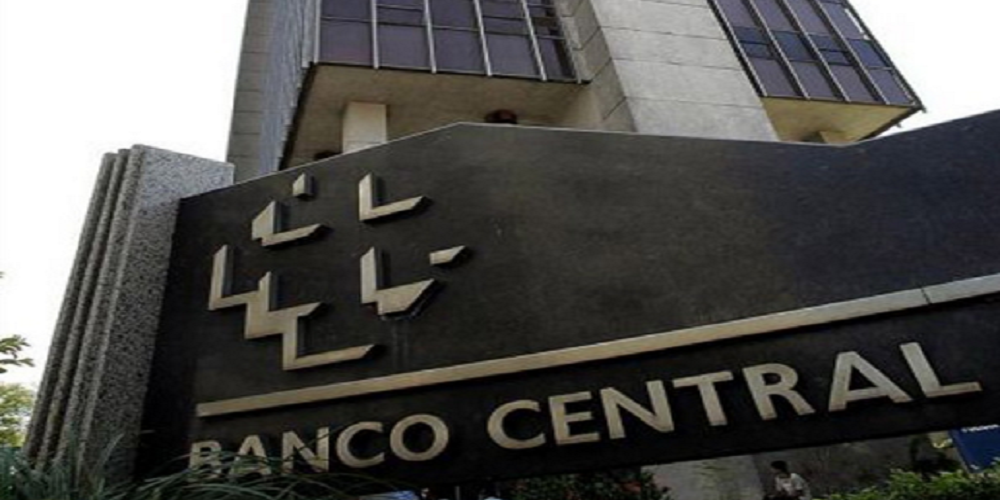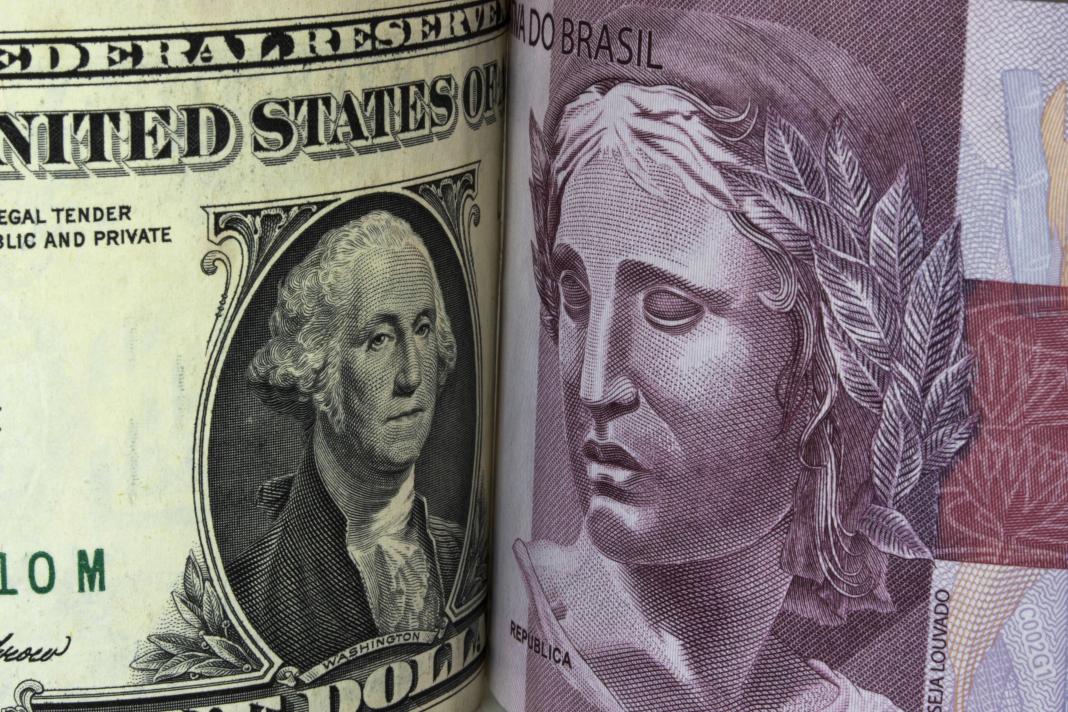RIO DE JANEIRO, BRAZIL – The exchange liberalization intended by the Central Bank does not include the unregulated opening of dollar accounts by individuals, explained yesterday, October 7th, the Central Bank’s Director of Regulation, Otavio Damaso. According to him, only a limited number of categories of individuals who deal with foreign currencies on a daily basis will benefit.

For Damaso, these categories of individuals may bring “efficiency” to the foreign exchange market. He mentioned exporters as one of the categories that could benefit from the authorization in the future. Among individuals, diplomats now have the option of holding dollar accounts.
According to the Central Bank’s director, the exchange opening will be performed gradually and will take time. “The project authorizes the extension [of the types of dollar accounts] within a medium and long term process, inherent in the convertibility of the Brazilian real, one of the project’s goals,” he explained.
Damaso pointed out that economic segments, such as oil companies and embassies representing other countries, are authorized to operate dollar accounts in Brazil. Other categories which may hold foreign currency accounts in the country are agents authorized to operate in foreign exchange, issuers of credit cards for international use, tourism service providers and insurance companies.
The main new feature of the project, according to Damaso, is to delegate powers to the Central Bank to define which categories may hold foreign currency accounts.
“At some point in the future, under certain circumstances, [the project] may be extended [to other sectors]. It basically reproduces what is in the current legislation, delegating to the Central Bank the power to allow some segments, with certain features, to hold dollar accounts,” he said.

Affordability
Damaso announced that the new exchange rules should lower the cost of sending dollar transfers abroad, currently estimated at around five percent of the transaction’s amount. The Central Bank also intends to allow companies to lend dollars to third parties or subsidiaries in Brazil, provided that they comply with cautionary rules (to avoid the company’s bankruptcy).
Another new feature introduced by the new legislation, said Damaso, will be the extension of payments in Brazilian reais abroad. Currently, only a few stores in airports that do not apply some taxes or large chains accept to be paid in reais, which locks the cost of purchase at the exchange rate of the day, providing greater versatility to pay the bill.
Procedure
The bill will start processing in the Lower House and then will be sent to the Senate. If passed by Congress, the new foreign exchange legislation will be gradually regulated by the Central Bank and the National Monetary Council. According to Damaso, the process may take one year (after the bill’s approval) to be fully enforced.
Source: Agência Brasil

